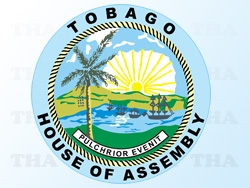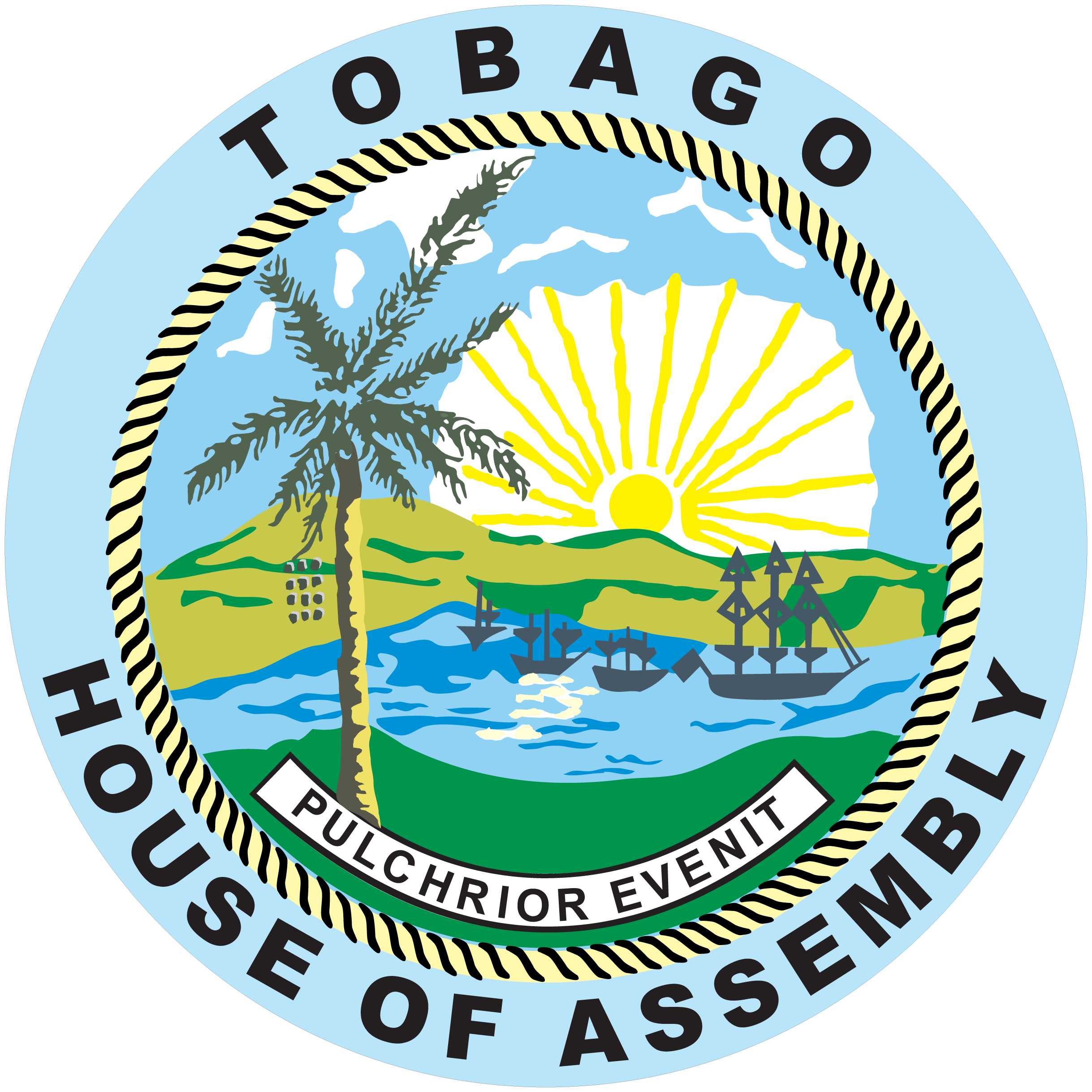
Thirteen issues have been identified for the discussion on greater autonomy for Tobago.
The issues form part of a report coming out of five recent meetings of political parties, People’s National Movement, The Platform of Truth and Tobago Organisation of the People. These are the parties that contested the last Tobago House of Assembly elections in 2013 and make the Forum. Representatives from those political entities that now make up “The Forum” that is driving two months of public talks on the contentious issues. The Forum agreed to establish a common approach to address the constitutional arrangements between Tobago and Trinidad – the establishment of core principles that transcend political differences and a process for inter-party consultation on fundamental Tobago issues.
The 13 issues up for discussion are the equality of status between the islands and a constitutional legislative and administrative framework reflecting this; definition of the boundaries of each island in accordance with the Constitution; the responsibility of the Government of Tobago to formulate and implement policy on all matters affecting the lives of people resident in Tobago. This would entail the critical features such as jurisdiction and control over the economic resources on land, air and sea of Tobago; right to make laws for the island ; authority to borrow on its own ability to service its commitments; responsibility for and right to formulate and implement fiscal policy including taxation measures; removal of cabinet dominance over the THA; elimination of conflict between Sections 75 of the Constitution and 25 of the THA Act; revised parliamentary arrangements such as the definition of the role of Tobago parliamentarians and the THA and equality of representation for Tobago in the national parliament; consistency between the term of office of the THA and that of the national government; legislation for the wider participation of society in the decision making process of the THA; and management and control for the inter-island transportation systems to reside in Tobago.
Starting on Monday June 2, the leaders will consult with all sectors and interests in Tobago during June to consider and ratify these fundamental issues prior to presenting them to the Government of Trinidad and Tobago. They meet first with THA Assemblymen and Tobagonians who sit in both Houses of Parliament, politicians and political activists.
They will also meet with stakeholders who represent village councils, community councils, other community groups; commercial interests – fishing and agricultural associations, small business groups, chamber of commerce, labour unions, professional organisations; NGO’s – of various interests – social, educational, health, commercial; faith- based organisations; youth and sports groups, schools; arts and cultural groups; Tobagonians in Trinidad; and Trinidad interests.
Four conferences and a final convention will be held in July to finalise documents to be forwarded to the central government.
Former chief secretary and leader of The Tobago Platform of Truth (TPT) Hochoy Charles said of the process: “I am excited. It is critical for all the people to be involved. The presence of TOP will enhance the process.”
Chief Secretary Orville London said current discussions among the political leaders on full autonomy for Tobago were not about “political gimmickry”.
“I think this is a time for all to realise that this might be the last real opportunity we have to do it right and to do it in such a way that the objectives are achieved. So I am making an appeal to all Tobagonians, whether politicians or not to join in this particular process.”
London said at the end of the exercise it would belong to no single individual or to no single party and that individualism will be subsumed in this collective desire to achieve a common goal.
